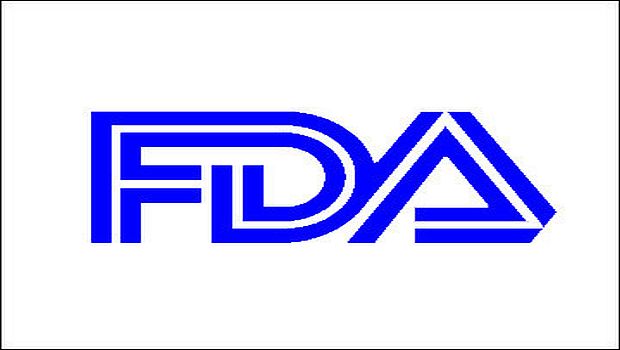FDA is requesting $109.5 million in budget authority to implement the nation’s new food-safety system under FSMA, according to an FDA news release. Among

The U.S. Food and Drug Administration (FDA) is requesting a 9 percent increase in its budget to protect public health.
The $4.9 billion request for fiscal year 2016 includes $147.7 million in authority for initiatives that are tied to numerous areas, including implementation of the four-year-old Food Safety Modernization Act.
The figures were released as part of President Obama’s budget proposal.
“This budget accurately reflects the challenges FDA faces in a global regulatory environment, which is becoming increasingly complex and scientifically demanding," FDA Commissioner Margaret A. Hamburg said in a statement. “As FDA’s mission expands on several fronts––from the regulation of tobacco products to supporting the development of personalized medicine to ushering in a new era of food safety—we must possess the resources to run a modern agency that fosters innovation and ensures the safest possible drug and food supply for the American people."
FDA is requesting $109.5 million in budget authority to implement the nation’s new food-safety system under FSMA, according to an FDA news release. Among other things, the funds will help the agency train new inspectors, strengthen the role of states in keeping food safe, and implement a new import safety system, FDA said.
The agency has been working in recent years to finalize a number of regulations that range from produce safety to preventative controls to foreign supplier verification. Around 300,000 entities could be subject to final regulations under FSMA, according to Michael Taylor is FDA’s Deputy Commissioner for Foods and Veterinary Medicine.
"The bottom line is that without investment now, and sustained funding afterwards, there is the risk that the implementation of FSMA will be uneven or even delayed. This would be bad for everyone, including those who must meet the new standards and those who must enforce them," Taylor wrote in a blog, commenting on FDA's budget request. "Most importantly, it would be bad for consumers, who want to be sure that the foods they are eating and serving their families are safe."
Obama’s budget request proposes growing food programs by more than $100 million, or around 4 percent, according to the Alliance for a Stronger FDA, the not-for-profit corporation. Excluding user fees, FDA is requesting a FY16 food budget of $987 million, up from a FY15 budget of $903 million, the alliance said in a news release.
“The monies for food safety are particularly timely given the FDA’s multi-year responsibility for implementing the Food Safety Modernization Act (FSMA)," said Chris Waldrop, an alliance board member and director of the Food Safety Institute of the Consumer Federation of America, in a statement. “FSMA represents a fundamental change in philosophy and programming and the agency needs sufficient resources to effectively implement the law.
The Center for Science in the Public Interest pointed out that the Obama administration has proposed consolidating food-safety functions at FDA and the U.S. Department of Agriculture. The proposal comes on the heels of legislation in Congress that would create a single food-safety agency. The Safe Food Act of 2015 was introduced last week by Sen. Richard Durbin (D-Illinois) and Rep. Rosa DeLauro (D-California).
"It’s time Congress recognized that our food safety system is fragmented, outdated and in desperate need of repair," Durbin said Monday in a statement. "With the support of the President, we need to give this important system a 21st century make-over by consolidating accountability for food safety standards and compliance.”
About the Author(s)
You May Also Like






.png?width=800&auto=webp&quality=80&disable=upscale)